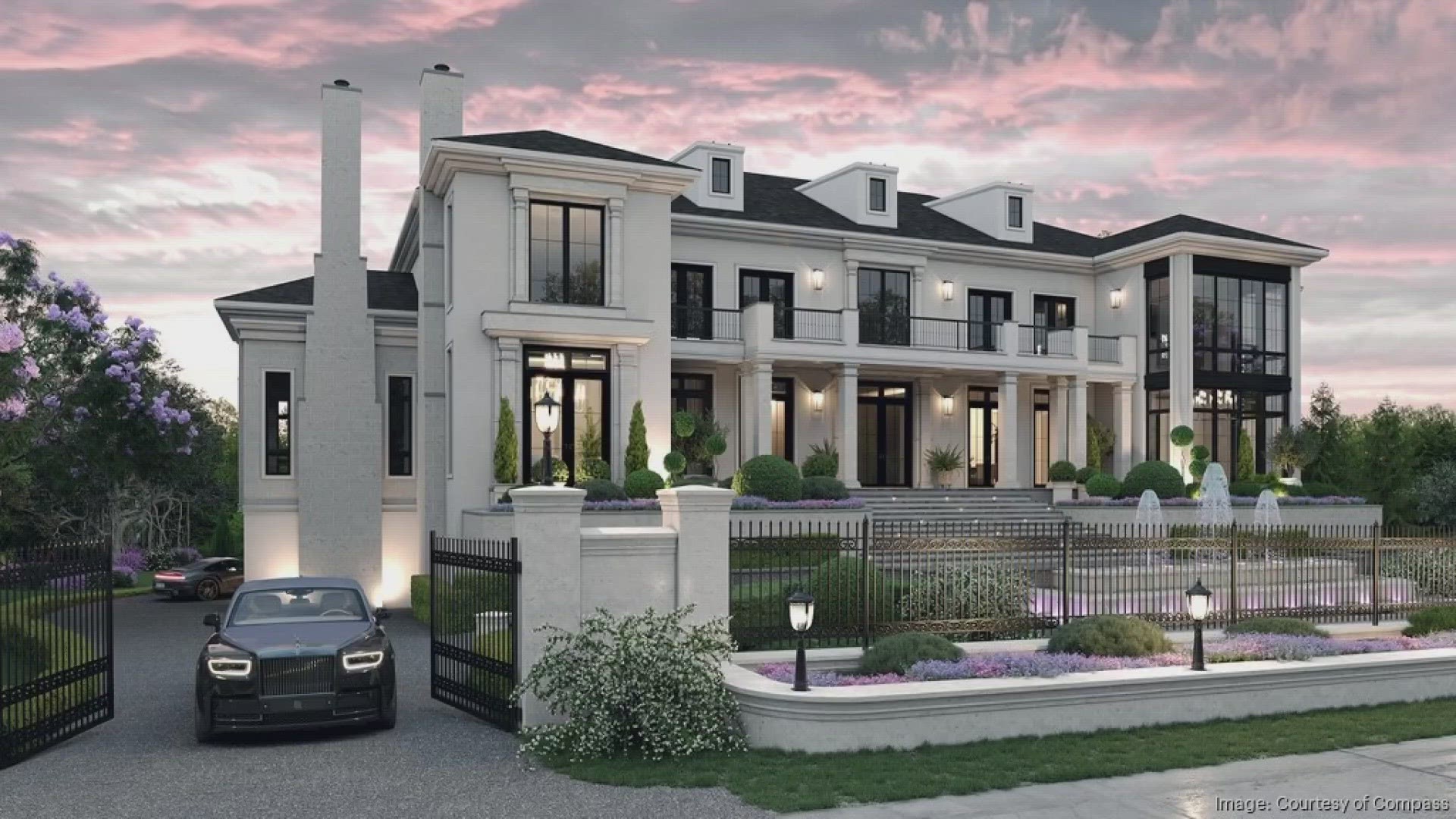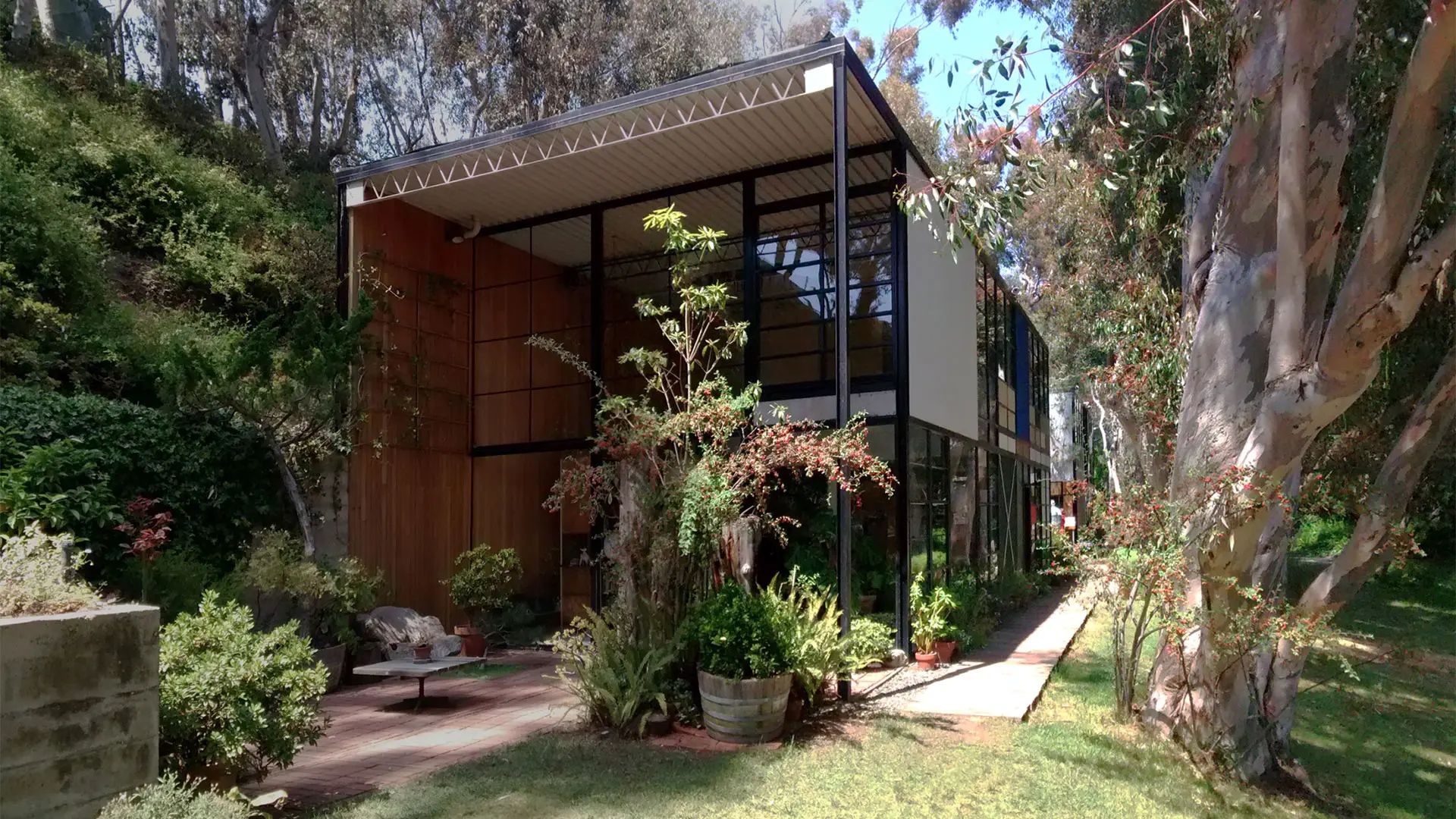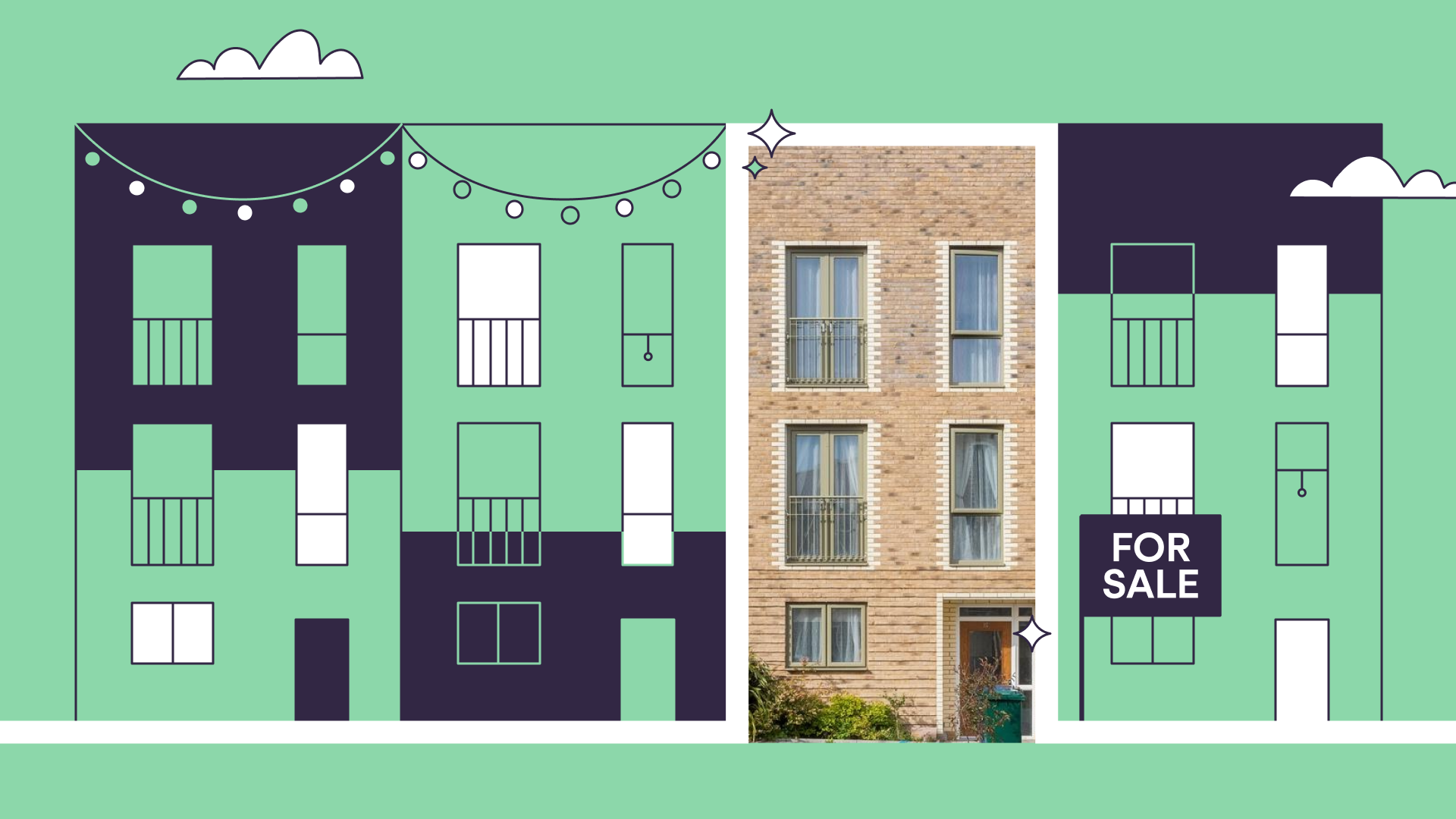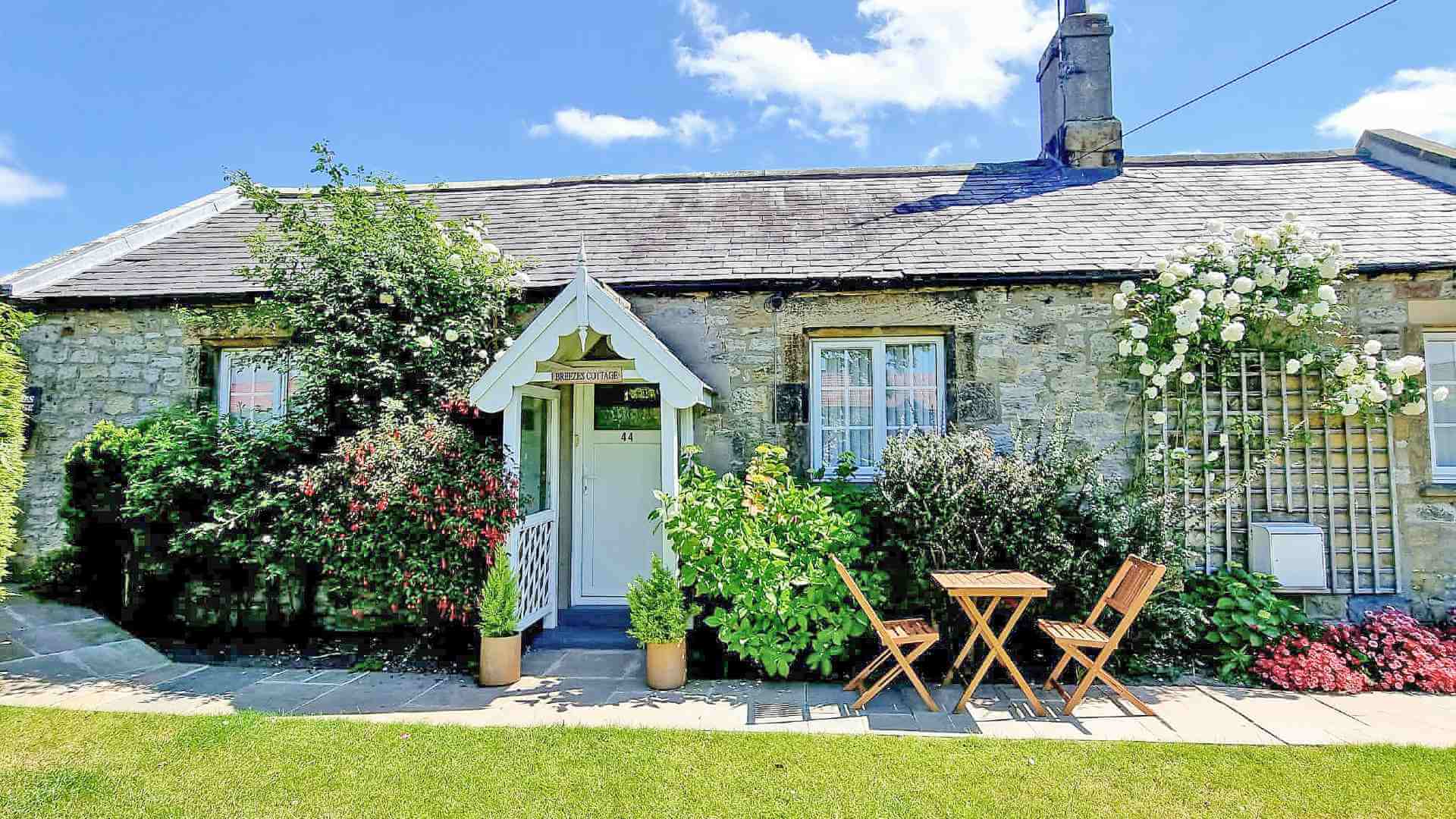There’s a certain mystique that surrounds the term “million-dollar home.” It conjures images of sprawling estates, breathtaking views, and meticulously crafted interiors. But beyond the sheer price tag, what exactly defines a property in this exclusive realm? It’s more than just a house with a high value; it’s often a testament to exceptional design, prime location, and a lifestyle that prioritizes luxury and comfort. Let’s take a peek behind the gates and explore what makes these properties so coveted.
Prime Real Estate: The Undeniable Power of Location
When you’re talking about million-dollar homes, location is often the golden rule. These properties tend to be situated in the most desirable neighborhoods, offering not just stunning views but also convenient access to top-rated schools, upscale shopping, fine dining, and cultural attractions. Think of those coveted addresses overlooking the ocean, nestled in the hills with panoramic cityscapes, or perhaps in historic districts with tree-lined streets and a strong sense of community. The land itself often commands a premium, contributing significantly to the overall value. It’s about more than just having a house; it’s about being part of a certain lifestyle and enjoying the amenities that come with a prestigious address.
Architectural Masterpieces: Where Design Meets Artistry
Many million-dollar homes are architectural marvels, showcasing innovative design and the highest quality of craftsmanship. You might find sleek, modern structures with walls of glass that blur the lines between indoor and outdoor living, or perhaps grand, traditional estates with intricate detailing and timeless elegance. Architects and designers often collaborate to create unique spaces that cater to the discerning tastes of their clientele. These aren’t just cookie-cutter houses; they are often bespoke creations, reflecting a vision and an attention to detail that goes above and beyond the ordinary.
Indulgent Interiors: Luxury at Every Turn
Step inside a million-dollar home, and you’ll likely find interiors that exude sophistication and comfort. High-end materials like exotic hardwoods, natural stone, and custom cabinetry are often standard. Gourmet kitchens equipped with professional-grade appliances, spa-like bathrooms with soaking tubs and rainfall showers, and smart home technology seamlessly integrated throughout are common features. The focus is on creating spaces that are not only beautiful but also incredibly functional and cater to a lifestyle of ease and convenience. Think walk-in closets the size of small bedrooms, temperature-controlled wine cellars, and home theaters that rival the local cinema.
Outdoor Oasis: Extending the Living Space Beyond Walls
Million-dollar properties often boast exceptional outdoor spaces that are designed for relaxation, entertainment, and enjoying the surrounding environment. This could include meticulously landscaped gardens with mature trees and vibrant plantings, infinity pools that seem to merge with the horizon, outdoor kitchens and dining areas perfect for al fresco gatherings, and perhaps even private tennis courts or putting greens. The outdoor space is seen as an extension of the living area, a place to unwind, connect with nature, and host memorable events.
Privacy and Exclusivity: A Sense of Sanctuary
For many buyers in this price range, privacy and exclusivity are paramount. Million-dollar homes often offer substantial acreage, gated entrances, and mature landscaping that creates a sense of seclusion and tranquility. Whether it’s a sprawling estate in the countryside or a penthouse apartment with its own private elevator, the emphasis is on creating a sanctuary where residents can enjoy peace and quiet away from the hustle and bustle of everyday life. This sense of privacy is a significant part of the appeal and contributes to the overall value.
Smart Investments: Beyond the Emotional Appeal
While the emotional appeal of owning a luxurious home is undeniable, for many, these properties also represent sound investments. Historically, real estate in prime locations has tended to appreciate over time, making million-dollar homes a potentially valuable asset. Factors like limited availability, high demand, and the prestige associated with owning such a property can contribute to its long-term value. Of course, market fluctuations can occur, but high-end real estate often demonstrates resilience.
The Lifestyle Factor: Curating an Exceptional Experience
Ultimately, buying a million-dollar home is often about purchasing a lifestyle. It’s about access to certain amenities, the prestige of the address, and the ability to enjoy a level of comfort and luxury that is simply not available in more moderately priced properties. It’s about creating a space where you can entertain in style, relax in unparalleled comfort, and truly feel like you’ve arrived. It’s an investment not just in a property, but in a way of life.
More Than Just Bricks and Mortar: The Intangible Value
Beyond the tangible features and prime locations, there’s often an intangible value associated with million dollar homes. It’s the feeling of owning something truly special, a place that reflects success and achievement. It’s the opportunity to create lasting memories in an extraordinary setting and to enjoy a level of comfort and







